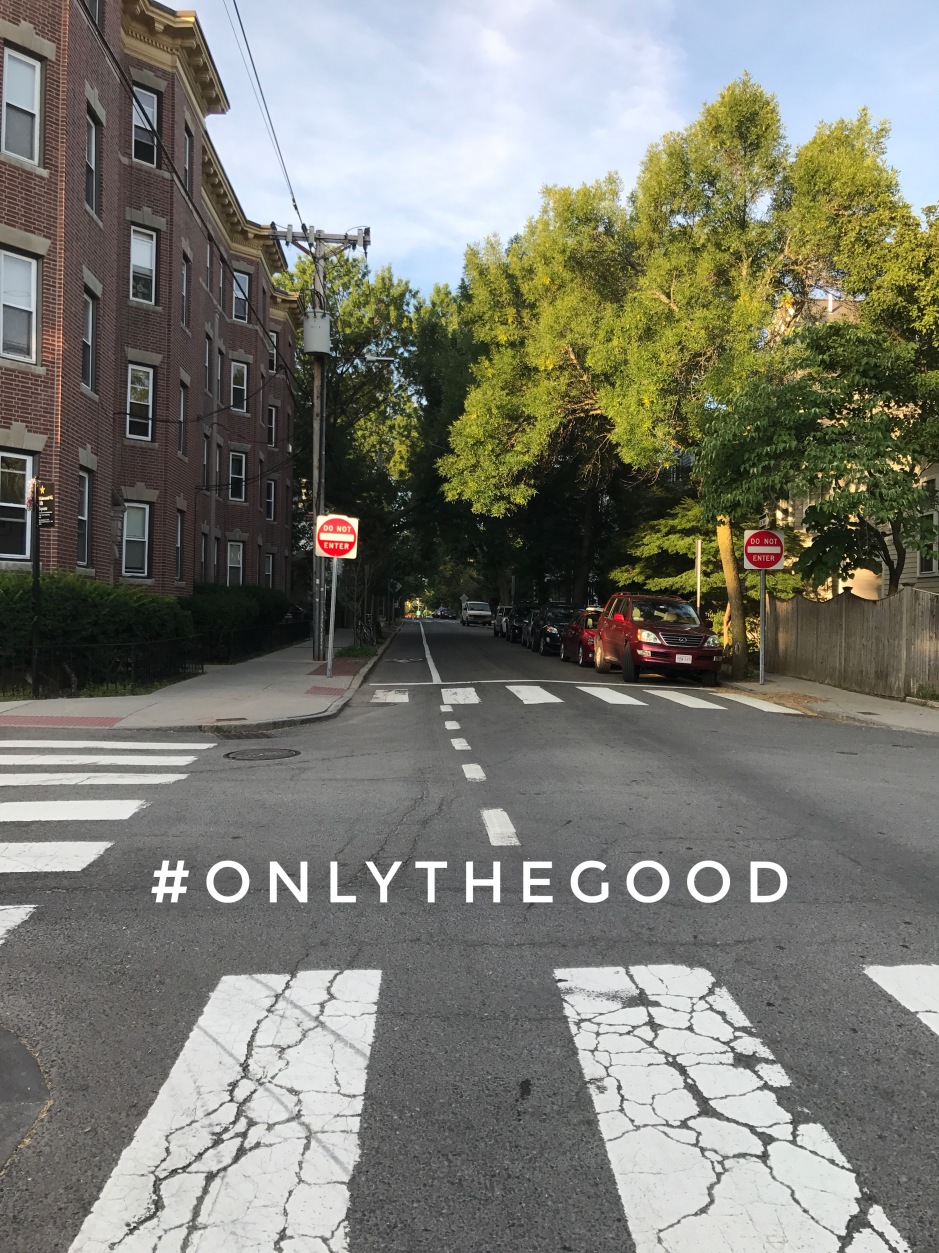This past weekend I had the joy of celebrating my oldest daughter at her pinning ceremony acknowledging her completion of a master’s degree in nursing. In a sea of white coats, my daughter wore gold satin, and I couldn’t have been prouder. Annie has worked long and hard for this degree. Prior to even applying for the program, she had to complete a number of prerequisites and she consistently excelled despite the demands of parenthood and more. We celebrated joyously both that day and the following with a party in her honor.
It’s a tricky thing to enter into joy when the world is on fire. There is a sense of guilt and wrong about it, a ‘why do we get to celebrate while others are suffering?’ question in our heads and hearts.
And yet…refusing to enter into joy does nothing for the suffering. It does not bring about a ceasefire. It does not help bury the dead or comfort a mother whose grief is too big to bear. It does not stop the humiliation of men stripped to their underwear and blindfolded and it does not bring back any hostages. Refusing to enter into joy may seem like a martyred response of solidarity, but I would propose to you that it is the opposite.
It was in Pakistan and the Middle East where I learned about joy through suffering. It was in that part of the world where important lessons were lived in front of me, where I first learned that entering into joy during a hard season was not an act of betrayal. There was Alice who lost a baby girl at the hands of a stray bullet. Yet Alice knew how to laugh, knew how to live well in the midst of suffering. There was Dr. Carol Hover whose husband died in her arms in a head-on collision on a dusty road in Pakistan. He was a gifted doctor and they worked together providing medical care to those most in need. Dr. Carol’s joyful spirit in the midst of learning how to live as a widow with four children was a hallmark of her work and life. Even as I write this, I think of my friend Joanna who has been going through experimental chemo treatment that hurts her body in unimaginable ways, and yet every word, every post is written with an overarching theme of joy. There were and are so many others who lived joy out loud in the midst of some of the hardest things in life.
The service of compline in the Book of Common Prayer specifically speaks to this in a line that I’ve written about before. These words are said toward the end of this beautiful service marking the close of the day.
Keep watch, dear Lord, with those who work, or watch, or weep this night, and give your angels charge over those who sleep. Tend the sick, Lord Christ; give rest to the weary, bless the dying, soothe the suffering, pity the afflicted, shield the joyous; and all for your love’s sake. Amen.
Book of Common Prayer, page 124
Shield the joyous. The words shout at me this Advent season. For despite all that is going on around the world, joy will still be lived out, often by those who are suffering the most. It is a taste of the goodness of God and a testament to the strength that God gives. This joy is a gift to our world, and we are invited to respond by entering into God-given Advent joy. Practicing joy this Advent could be the one of the most important things we do in a world that is burning up with sadness and suffering.
So, I pray for all of us this season, that we will trust our joys and our sorrows to a God who is big enough to take on all the suffering in the world and yet still shield the joyous.
Author’s note: You can read more details of these stories in my book Worlds Apart: A Third Culture Kid’s Journey









